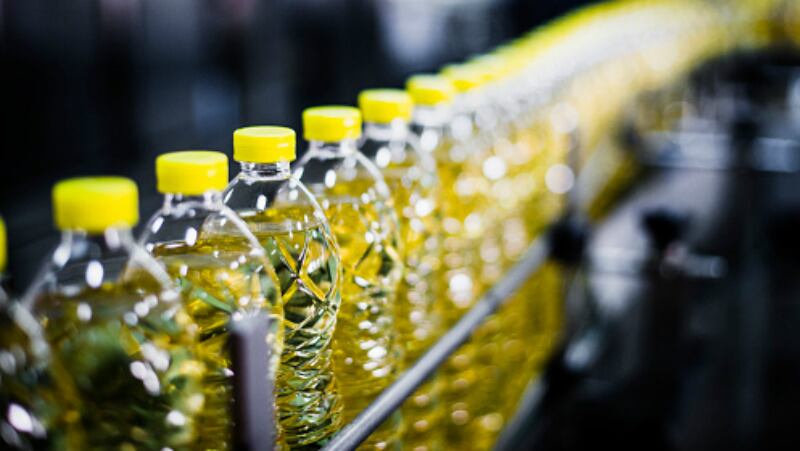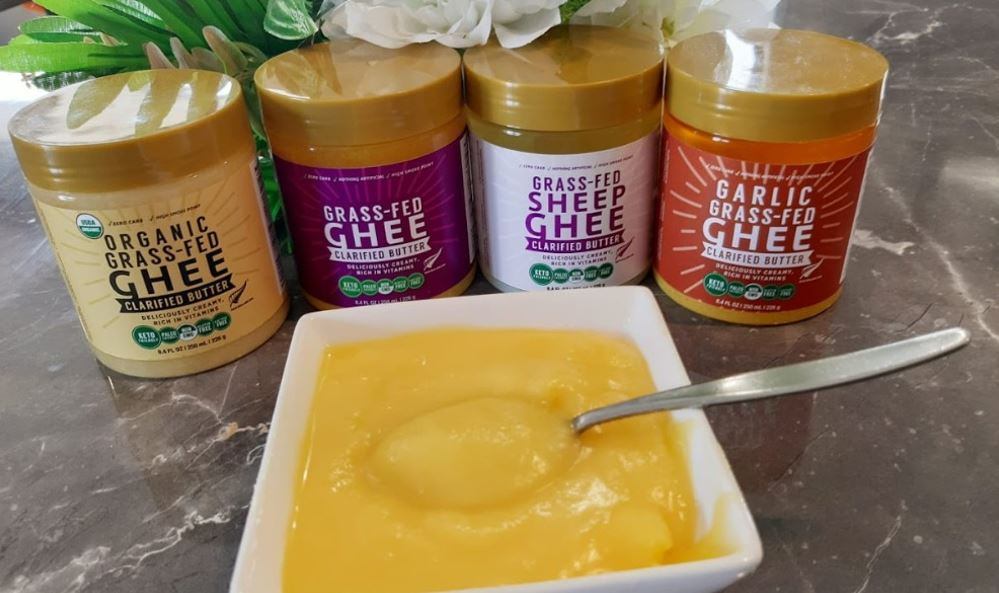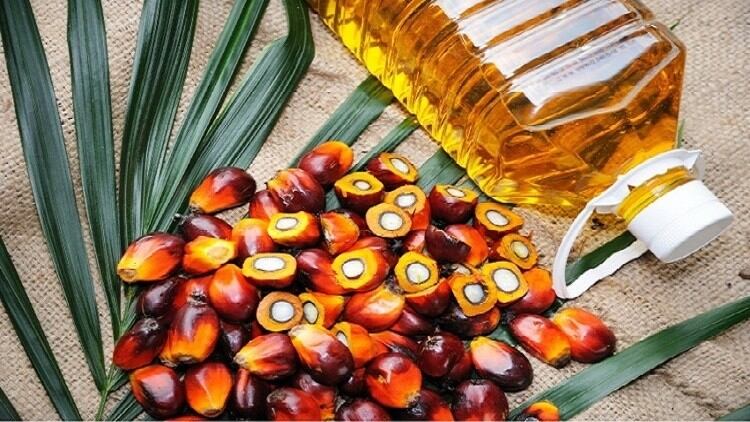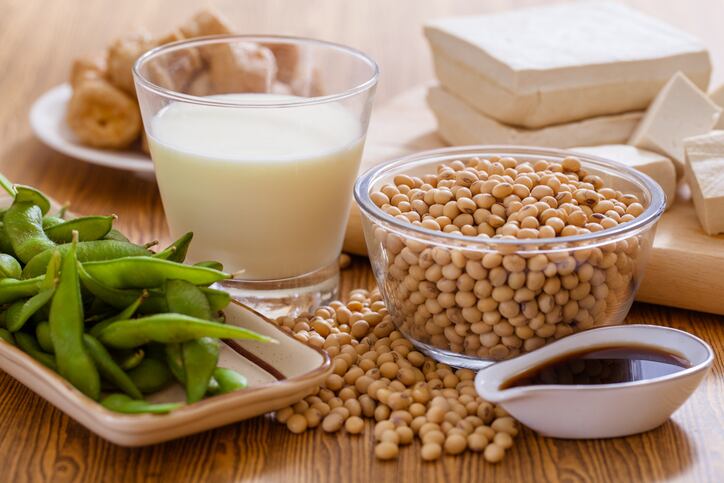India has traditionally been a heavy importer of palm oil due to widespread use in its foodservice sector. But according to numbers from trade body Solvent Extractors Association (SEA) of India, numbers from November 2019 to September 2020 have displayed a significant drop in palm oil imports due to lockdowns, but a converse leap in soft oil imports.
“Total soft oil imports jumped from 4.95mn MT to 5.51mn MT year-on-year mainly due to heavy demand from household segments,” SEA said via its latest national vegetable oil import statement.
“Palm oil imports however decreased to 6.44mn MT from 8.63mn MT last year, so now the Palm Oil: Soft Oils ratio for India stands at 54:46 as opposed to 64:36 at the same time last year.”
This same observation has been made Freedom Healthy Cooking Oils, one of the top packaged soft oil brands in India by market share, which has seen an uptick in consumer demand for soft oils in recent months.
“Consumer preferences drive the edible oils market just like any other market, and now the consumer wants healthier oils to cook with,” Akshay Chowdhry, Group VP Gemini Edibles and Fats (GEF) which owns Freedom, told FoodNavigator-Asia.
“Soft oils have always been more popular with households, and palm oil with the food businesses and foodservice outlets, but the latter has been severely hit due to COVID-19 hence a drop, whereas conversely many people are staying home now and cooking at home so there has been an increase in demand for healthier oils.
“Even consumers from the lower income bracket who traditionally go for palm oil due to the cheaper price are keen to shift to healthier oils once their incomes can afford it – so the trend for healthier oils is here in India, and likely to continue on.”
Freedom is the top packaged sunflower oil firm in its home base of South India, especially the states of Odisha, Telangana, Andra Pradesh and Kranataka where it holds between 30% to 55% of market shared depending on the state. It also produces rice bran, mustard seed and groundnut oils.
“The healthier benefits of these soft oils are for cholesterol – it’s all very much about balancing cholesterol levels in the body, which palm oil cannot do as well due to a higher saturated fat content,” said Chowdhry.
“But palm oil does still have its pros, especially for the food manufacturing industry as it is preferred for stability and longer shelf-life – and just happens to be cheaper too.
“The palm oil segment is extremely price sensitive and very cutthroat though – the margins are literally wafer thin, as buyer will switch suppliers just like that if the price changes. It’s why with Freedom we feel it’s better in a sense that it’s more sticky as consumers won’t jump about so easily.”
GEF supplies palm oil to some of the biggest food manufacturers in the country including Nestle, PepsiCo and Britannia Industries.
India’s edible oil industry
India consumes a total of some 24mn tons of edible oil, and of this palm oil takes about nine million to 10 million tons, soybean takes five million, sunflower takes 2.5 million and the rest goes to others like rice bran and mustard seed oil.
However, key to note is that India is not a producing country when it comes to oil, and the vast majority of its oils are imported in crude form for local processing, said Chowdhry.
“For sunflower oil for example, we import the crude oil from countries such as Ukraine, Russia and Argentina and process it domestically.
“We hope to set ourselves apart from the competition by focusing on our packaging – in India, pouches are the norm for oil purchases but we believe PET bottles are catching up and we’re focusing efforts here using the best granules and a design that gives the consumers a clearer view of the oil. Indian consumers like clarity and lightness to their sunflower oil as it is perceived as higher quality.”
Moving forward
Freedom’s goal is to expand locally first and increase its presence in other, especially neighbouring, states.
“We’re covering around 180 million people now based on our main states, and we’re looking to hit 350 million people in South India then move further north and east to get to some 600 to 650 million people – that’ll be a lot of people to cater to,” said Chowdhry.
“The other thing we’re planning to focus on is packaged palm oil – at the moment we do sell more loose palm oil direct to consumers in the lower income bracket, but packaged oil is on the rise here and we believe it will hit 90% of the market in the next few years.
“We already have a small packaged palm oil brand called First Klass, and will look at expanding this to cater to consumers making the shift from loose to packaged but still sticking to palm oil.”





